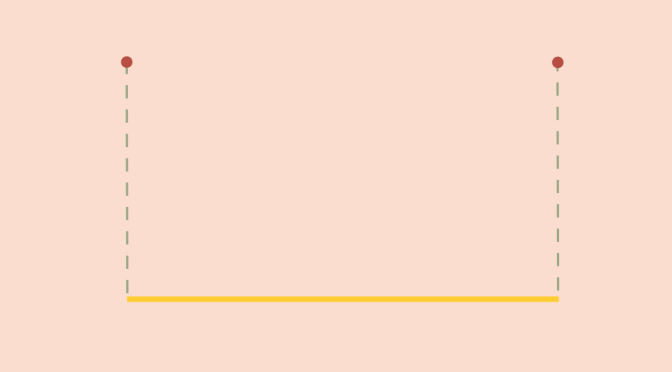Consider a function \(f\) defined on a real interval \(I \subset \mathbb R\). \(f\) is called convex if: \[\forall x, y \in I \ \forall \lambda \in [0,1]: \ f((1-\lambda)x+\lambda y) \le (1-\lambda) f(x) + \lambda f(y)\]
Suppose that \(I\) is a closed interval: \(I=[a,b]\) with \(a < b\). For \(a < s < t < u < b\) one can prove that: \[\frac{f(t)-f(s)}{t-s}\le \frac{f(u)-f(s)}{u-s}\le\frac{f(u)-f(t)}{u-t}.\] It follows from those relations that \(f\) has left-hand and right-hand derivatives at each point of the interior of \(I\). And therefore that \(f\) is continuous at each point of the interior of \(I\).
Is a convex function defined on an interval \(I\) continuous at all points of the interval? That might not be the case and a simple example is the function: \[\begin{array}{l|rcl}
f : & [0,1] & \longrightarrow & \mathbb R \\
& x & \longmapsto & 0 \text{ for } x \in (0,1) \\
& x & \longmapsto & 1 \text{ else}\end{array}\]
It can be easily verified that \(f\) is convex. However, \(f\) is not continuous at \(0\) and \(1\).

